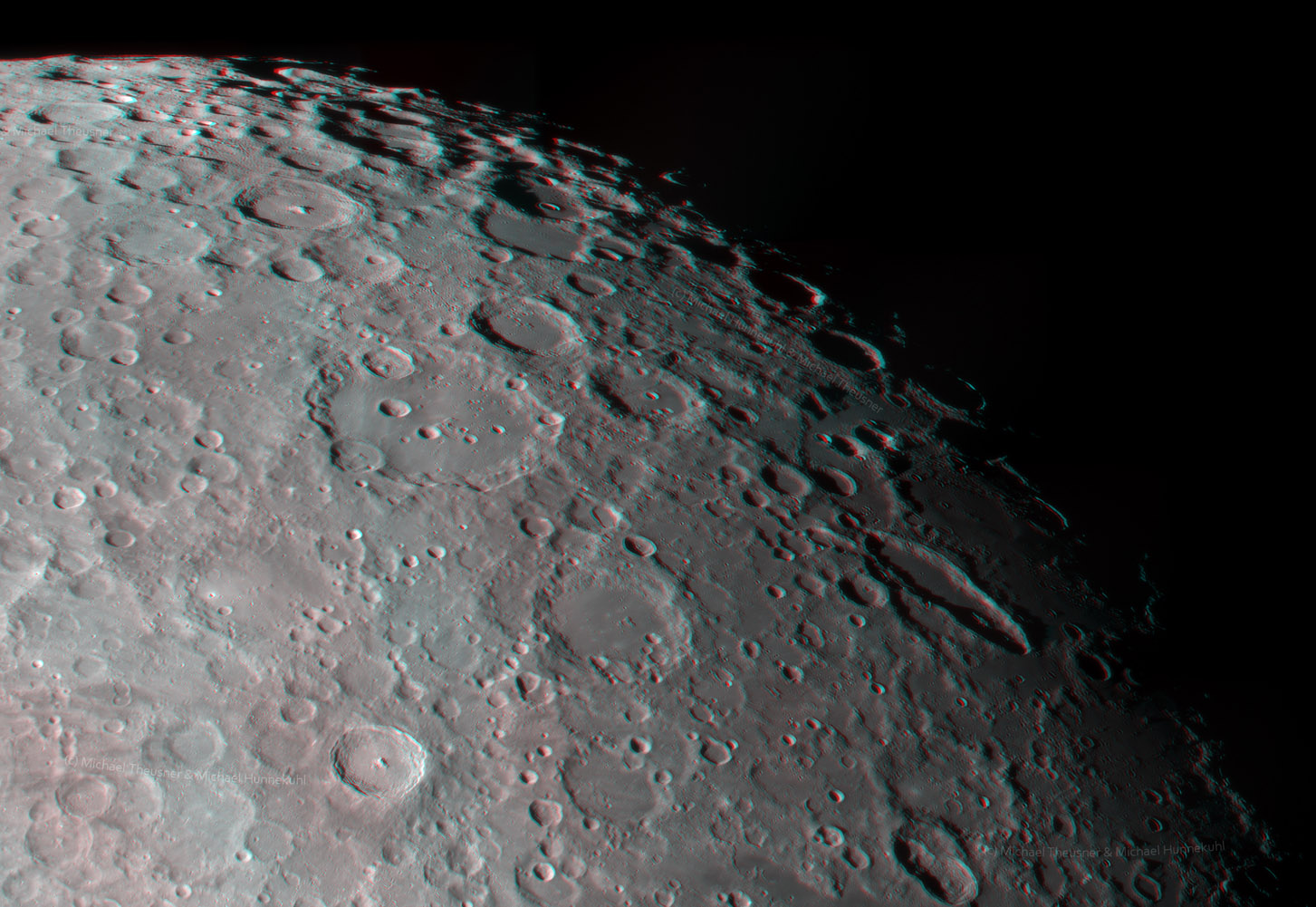Difference between revisions of "May 27, 2010"
| Line 3: | Line 3: | ||
<!-- ws:start:WikiTextHeadingRule:1:<h1> --> | <!-- ws:start:WikiTextHeadingRule:1:<h1> --> | ||
<!-- ws:start:WikiTextLocalImageRule:16:<img src="/file/view/LPOD-May27-10.jpg/145071697/LPOD-May27-10.jpg" alt="" title="" /> -->[[File:LPOD-May27-10.jpg|LPOD-May27-10.jpg]]<!-- ws:end:WikiTextLocalImageRule:16 --><br /> | <!-- ws:start:WikiTextLocalImageRule:16:<img src="/file/view/LPOD-May27-10.jpg/145071697/LPOD-May27-10.jpg" alt="" title="" /> -->[[File:LPOD-May27-10.jpg|LPOD-May27-10.jpg]]<!-- ws:end:WikiTextLocalImageRule:16 --><br /> | ||
| − | <em>image by [mailto:michael@theusner.eu | + | <em>image by [mailto:michael@theusner.eu Michael Theusner] and [mailto:michael_hunnekuhl@web.de Michael Hunnekuhl], Hannover, Germany</em><br /> |
<br /> | <br /> | ||
After all the spacecraft altimetry images it is nice to see some old fashioned telescopic stereo. But I have a bad eye and can't see stereo, so have some questions about this image that I hope some of you ably sighted folks with red-blue glasses might say something about in the Comments section. First, are stereo images like this interesting, and do they work? Second, is there a difference in the stereo effect from the high Sun side (left) compared to areas closer to the terminator? Third, does the [http://the-moon.wikispaces.com/Schiller-Zucchius+Basin Schiller-Zucchius Basin] have a depressed inner area? Fourth, do the pink bands - which were made more pronounced when I made the image 50% smaller than the original - make the entire surface look wavy? Finally, are there any other topographic observations to share? Thanks!<br /> | After all the spacecraft altimetry images it is nice to see some old fashioned telescopic stereo. But I have a bad eye and can't see stereo, so have some questions about this image that I hope some of you ably sighted folks with red-blue glasses might say something about in the Comments section. First, are stereo images like this interesting, and do they work? Second, is there a difference in the stereo effect from the high Sun side (left) compared to areas closer to the terminator? Third, does the [http://the-moon.wikispaces.com/Schiller-Zucchius+Basin Schiller-Zucchius Basin] have a depressed inner area? Fourth, do the pink bands - which were made more pronounced when I made the image 50% smaller than the original - make the entire surface look wavy? Finally, are there any other topographic observations to share? Thanks!<br /> | ||
<br /> | <br /> | ||
| − | <em>[mailto:tychocrater@yahoo.com | + | <em>[mailto:tychocrater@yahoo.com Chuck Wood]</em><br /> |
| − | <strong>Note</strong> The LPOD image is 50% - [http://www.theusner.eu/astro/images/moon/20100126/20100126_South_Pole_3D.jpg | + | <strong>Note</strong> The LPOD image is 50% - [http://www.theusner.eu/astro/images/moon/20100126/20100126_South_Pole_3D.jpg here] is full res if anyone wants to comment on any difference in 3-D effect dependent on scale.<br /> |
<br /> | <br /> | ||
<strong>Technical Details</strong><br /> | <strong>Technical Details</strong><br /> | ||
| − | 01/26/2010 20:30 – 23:00 MEZ. Lichtenknecker Fraunhofer Refraktor 3000 / 200 + Astro-Physics Barlow lens + DMK 31AF03.AS + green filter. Data processing: AVI Stack, Fitswork and Photoshop. The two Michaels recorded two moon mosaics with a time delay of approximately 2 hours and combined them into this 3D photo. The first mosaic is part of a complete color enhanced Moon [http://www.theusner.eu/astro/images/moon/20100126/20100126_Mond_final_c.jpg | + | 01/26/2010 20:30 – 23:00 MEZ. Lichtenknecker Fraunhofer Refraktor 3000 / 200 + Astro-Physics Barlow lens + DMK 31AF03.AS + green filter. Data processing: AVI Stack, Fitswork and Photoshop. The two Michaels recorded two moon mosaics with a time delay of approximately 2 hours and combined them into this 3D photo. The first mosaic is part of a complete color enhanced Moon [http://www.theusner.eu/astro/images/moon/20100126/20100126_Mond_final_c.jpg mosaic.] <br /> |
<br /> | <br /> | ||
<strong>Related Links</strong><br /> | <strong>Related Links</strong><br /> | ||
| Line 17: | Line 17: | ||
<br /> | <br /> | ||
<hr /> | <hr /> | ||
| − | <div>You can support LPOD when you buy any book from Amazon thru [http://www.lpod.org/?page_id=591 | + | <div>You can support LPOD when you buy any book from Amazon thru [http://www.lpod.org/?page_id=591 LPOD!]<br /> |
</div> | </div> | ||
---- | ---- | ||
===COMMENTS?=== | ===COMMENTS?=== | ||
| − | + | Register, and click on the <b>Discussion</b> tab at the top of the page. | |
Revision as of 16:20, 11 January 2015
Do It Yourself LPOD

image by Michael Theusner and Michael Hunnekuhl, Hannover, Germany
After all the spacecraft altimetry images it is nice to see some old fashioned telescopic stereo. But I have a bad eye and can't see stereo, so have some questions about this image that I hope some of you ably sighted folks with red-blue glasses might say something about in the Comments section. First, are stereo images like this interesting, and do they work? Second, is there a difference in the stereo effect from the high Sun side (left) compared to areas closer to the terminator? Third, does the Schiller-Zucchius Basin have a depressed inner area? Fourth, do the pink bands - which were made more pronounced when I made the image 50% smaller than the original - make the entire surface look wavy? Finally, are there any other topographic observations to share? Thanks!
Chuck Wood
Note The LPOD image is 50% - here is full res if anyone wants to comment on any difference in 3-D effect dependent on scale.
Technical Details
01/26/2010 20:30 – 23:00 MEZ. Lichtenknecker Fraunhofer Refraktor 3000 / 200 + Astro-Physics Barlow lens + DMK 31AF03.AS + green filter. Data processing: AVI Stack, Fitswork and Photoshop. The two Michaels recorded two moon mosaics with a time delay of approximately 2 hours and combined them into this 3D photo. The first mosaic is part of a complete color enhanced Moon mosaic.
Related Links
Rükl plate 72 (and others)
COMMENTS?
Register, and click on the Discussion tab at the top of the page.



